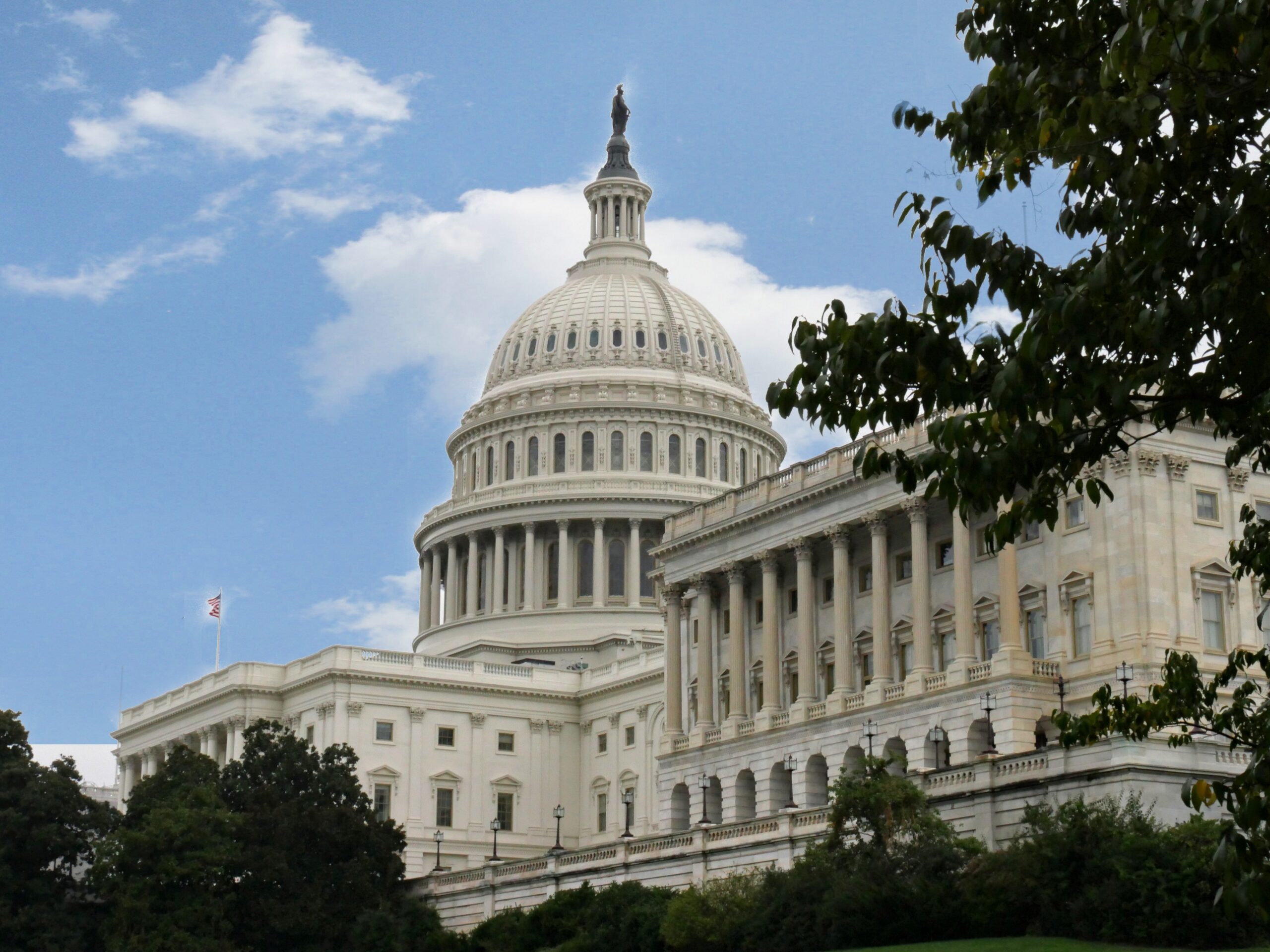The US Federal Maritime Commission (FMC) has suspended operations due to the Federal government shutdown. The powerful US regulator announced that it suspended operations and will resume normal operations upon enactment of appropriations legislation.
With the exception of Commissioners Rebecca F. Dye, Daniel B. Maffei, and Max Vekich, who are presidentially-appointed, senate-confirmed officials, all Commission employees have been placed on furlough and are prohibited by law from performing any duties during the shutdown.
The FMC functions have been suspended, the regulator said on Wednesday.
It will resume normal operations when appropriations legislation is enacted, and the federal government reopens.
Although the FMC’s website will be available during the shutdown, it will not be updated with new information until operations resume.
Analysts warn that the longer the shutdown lasts, the more severe the impact on logistics and the wider economy. Thanks to a spending dispute, Democrats and Republicans blamed each other for the government shutdown on Wednesday, October 1.
The scale of the damage will depend in part on how long the shutdown lasts and how wide ranging it is.
Leading national associations are highlighting the array of negative consequences that would befall the industries and people they represent.
The Port of Seattle in a release said its facilities, including Seattle-Tacoma International Airport (SEA) and the Port’s cruise terminals, will remain fully open and operational should a government shutdown begin on October 1. “The Port is working closely with its federal partners to keep operations as close to normal as possible,” it said.
“The Port of Seattle urges Congress to find a bipartisan solution to avoid or minimize any shutdown of the federal government and to retain the federal workforce necessary to keep trade and travel running smoothly,” said Port of Seattle Commission Vice President Ryan Calkins. “Our facilities will remain operational during any shutdown, but many of our federal partners will be working without pay. Additionally, any shutdown could cause disruptions to our regional economy, which is already seeing impacts from global and economic uncertainty.”
The Port of Seattle also noted that it is determining what actions it could take to support its federal aviation and maritime security partners, “who would be working without pay during this period.”
Meanwhile, U.S. Customs and Border Protection officers remain on duty, but thousands of CBP employees risk their lives without pay. CBP employees are considered essential, so they will still be required to report to work as usual.
CBP Commissioner Rodney Scott in a post on X said: “Rest assured that CBP continues to report for duty and protect America 24/7/365 regardless of the failures in the Legislative Branch. But the reality is that political gridlock in Congress forces thousands of CBP employees to risk their lives without pay, even as assaults against our officers have skyrocketed. The men and women of CBP stand the line regardless, but they should never be treated as pawns in political games. CBP will continue to do our duty: protecting America and the American people, no matter the politics in Washington.”
CBP is America’s frontline: the nation’s largest law enforcement organization and the world’s first unified border management agency. The 65,000+ men and women of CBP protect America on the ground, in the air, and on the seas.
Currently, there is no sign of compromise between the Republicans and the Democrats and it remains unclear how long the shutdown will play out.
However, at some point, public pressure and political pain will see one side yield to bring this latest shutdown to an end. It may take days; it may take weeks, but eventually, as public pressure and political pain grows, one side or the other will yield.
Last week, the U.S. Travel Association sent a letter to Congressional leadership underscoring the detrimental impact a government shutdown would have on the travel economy and traveling public. In the letter, president and CEO Geoff Freeman highlighted the dangers of government shutdown.
“A shutdown is a wholly preventable blow to America’s travel economy – costing $1 billion every week – and affecting millions of travelers and businesses while placing unnecessary strain on an already overextended federal travel workforce,” said Freeman.
“The longer a shutdown drags on, the more likely we are to see longer TSA lines, flight delays and cancellations, national parks in disrepair and unnecessary delays in modernizing travel infrastructure. Nearly nine in 10 Americans agree Congress should work together to prevent a shutdown. Americans deserve better – lawmakers must act before October 1 to keep our government funded and protect jobs, travelers and our economy,” Freeman added.
How the government shutdown will affect the U.S. Coast Guard
The US Coast Guard gave an update about the government shutdown and the impact on its operations.
As informed, the Coast Guard generally will continue operations authorized by law that are necessary for the safety of human life, protection of property, or national security.
This includes emerging contingency operations like hurricane preparedness and response. The Coast Guard will also continue to focus on asserting presence and securing America’s borders.
Rest assured that @CBP continues to report for duty and protect America 24/7/365 regardless of the failures in the Legislative Branch.
— CBP Commissioner Rodney Scott (@CBPCommissioner) October 1, 2025
But the reality is that political gridlock in Congress forces thousands of CBP employees to risk their lives without pay, even as assaults…



